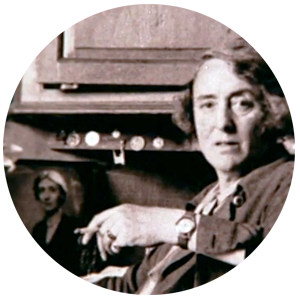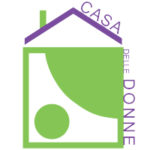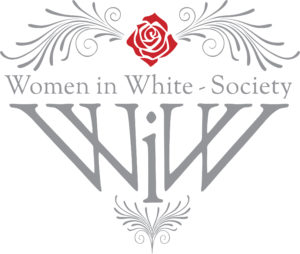The son of a very intimate Virginia Woolf’s friend, Vita Sackville-West, remembers how his “favourite aunt” was “beautiful, cheerful and creative”. So many anecdotes in an interview from 1980 with Enzo Biagi.
“Virginia Woolf once told me: ‘Nothing has really happened until it has been described’. What she meant was ‘describing’ in writing, with words. She used to tell me: ‘You have to keep a diary, write letters to me and to your parents, you have to put down in words your experiences, even the smallest. The smaller and simple they are, the more interesting they are. This was what she used to do.”
These are words of Nigel Nicolson, the son of the writer Vita Sackville-West and the diplomat Harold Nicolson, who, in an interview with the italian journalist Enzo Biagi from 1980, speaks about his frequenting Virginia Woolf, when he was a child. Indeed, Virginia and Vita were in a relationship that let them to become involved and to write to each other for a decade.
“SHE ENJOYED THE USE OF WORDS”
“I well remember Virginia, although she died when I was an adolescent – tells Nicolson in the interview -. She came here often, she was a close friend of my mother. She used to send my mother away and doing us interviews about our lives as scholars. She found interest in childhood as a facet of human personality which we all experienced, but nobody really recalls precisely. Virginia was very beautiful, cheerful and a woman of friendly nature. Only after her death I knew that she went crazy occasionally, but when she was with us, she never gave signs of this. After her madness attacks, which could even last two or three months, her mind was clear as the sky after a thunderstorm. She was very curious, she dwelled on our life’s intimate secrets that we used to share with her. She used to do it in a funny way. Life in itself fascinated her, she enjoyed the use of words. She was the most creative person I ever knew”.
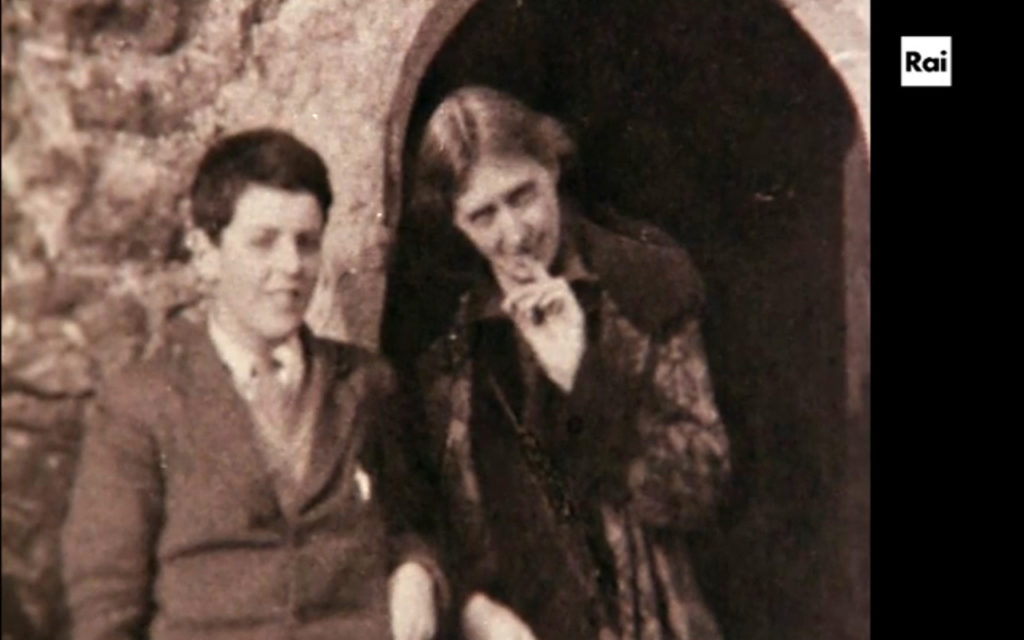
“SHE WAS OUR FAVOURITE AUNT”
In this regard, Nicolson, one of Vita’s two sons, author of the book “Portrait of a marriage”, which is about the story of his parents, tells about a train journey to London that he made alone with Virginia when he was 14. The writer gave proof of her creativity by telling a story about the ticket agent who was on the train: “The whole journey, an hour more or less, she whispered to me an invented story about that man. That poor guy didn’t realize he was the protagonist of an entire novel by Virginia Woolf! Her fantasy was amazing. And, of course, it was really flattering for children to receive such an interest from someone considered the greatest of all the writers of her time. Everyone spoke about her as a great genius. We realized it, but we were not scared of her, she was our favourite ‘aunt’ and when my mom told us that she was about to come, we answered: ‘Great!’. If she announced the arrival of Virginia’s sister, Vanessa Stephen Bell, we would run away because she was intimidating”.
“VIRGINIA WAS FRIENDLY, SHE LOVED PEOPLE”
About the relationship between Vita and Virginia, Nicolson said: “My mother (an aristocratic, during her life she wrote 30 books, more or less; she died in 1962, ed), became really bashful, over the years. Instead, when she was younger, she was very open and sociable, but when she became a novelist poetess and gardening expert, she withdrew in herself. At the contrary, Virginia, who was a lot more friendly, loved people, parties.
Woolf had a countryhouse, but she used to spend the most of her time in London and I think that’s the reason why my mother and Virginia separated after having been intimate friends for almost ten years. During the last years of Virginia’s life (who left herself drown in the Ouse river in 1941) they had basically broken up”.
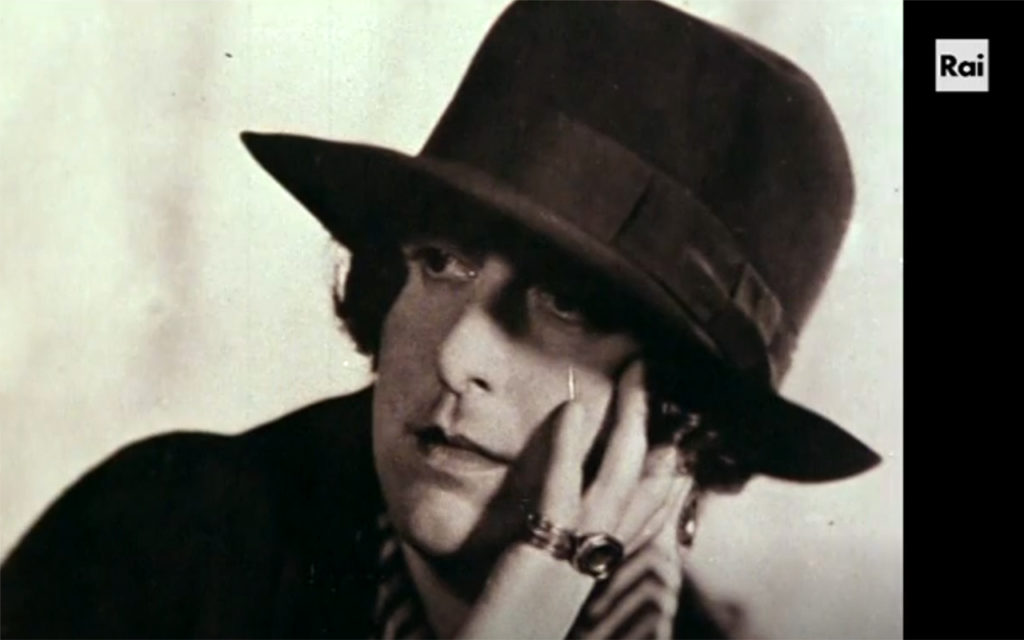
VITA’S DIARY WRITTEN IN ITALIAN
There are some curious aspects about the story of Vita Sackville-West: “In her life, my mother spent her time between aristocratic people and Bloomsbury circle (Virginia, Vanessa and her brother Thoby among its founders, ed). She started writing very soon, at 12, novels, comedies, poems, in english but also in french and Italian, which she spoke perfectly. She kept a diary in Italian, so her mother couldn’t read it”.
Vita’s son talks about his parents, both homosexuals, as ‘pioneers’ of open marriage, looking at the issue from the female independence perspective: “The wife must not make her amusement, entertainments, interests subordinated to what the husband does; they both have to mutually contribute to the other’s life, they have to live life in its fullness, they have to do things separately, create a reputation on their own, they have to be known for different reasons. My mother was known as a writer and a gardening expert”.
THAT WOMEN BORN FOR THE DRAWING-ROOM
Speaking of his time and environment, Nicolson says he’s “irritated” by women “incapable of making decisions, making plans for the future, incompetent to fundamental things of life: money and love.”
Two figures who remind of “family daughters”, “born for the drawing-room” who Woolf herself denounces in Phyllis & Rosamond, the short story from which Virginia Woolf Project – ViWoP takes cues. “Now that women have more responsibilities and work – concludes Nicolson in the interview from 1980 – all of this is quickly changing. Young people share their qualities more than they used to do in our generation; men should be kinder, women more competent, but we’re getting there.”
The interview ends with images of the ‘tower’ which Vita had adapted to library and living room: among her personal remains there was a photo of Virginia.

Freely adapted from the interview, from 1980, by Enzo Biagi to Nigel Nicolson, the son of the writer Vita Sackville-West, in the cycle of meetings on the theme ‘Who’s afraid of Virginia Woolf?’ from the series ‘Made in England’, available on archive.org and in the italianpublic television ‘Rai Teche’.
The text has been kindly translated for the Virginia Woolf Project by Flavia Viglione, who writes about herself: “I’m graduated in languages in Rome with a thesis in cultural anthropology on gender studies. I was lucky enough to work in the Bologna women’s library, which preserves a fundamental heritage. I work to make the message and memory of the great female voices accessible in as many forms as possible. ”
Send your story here
